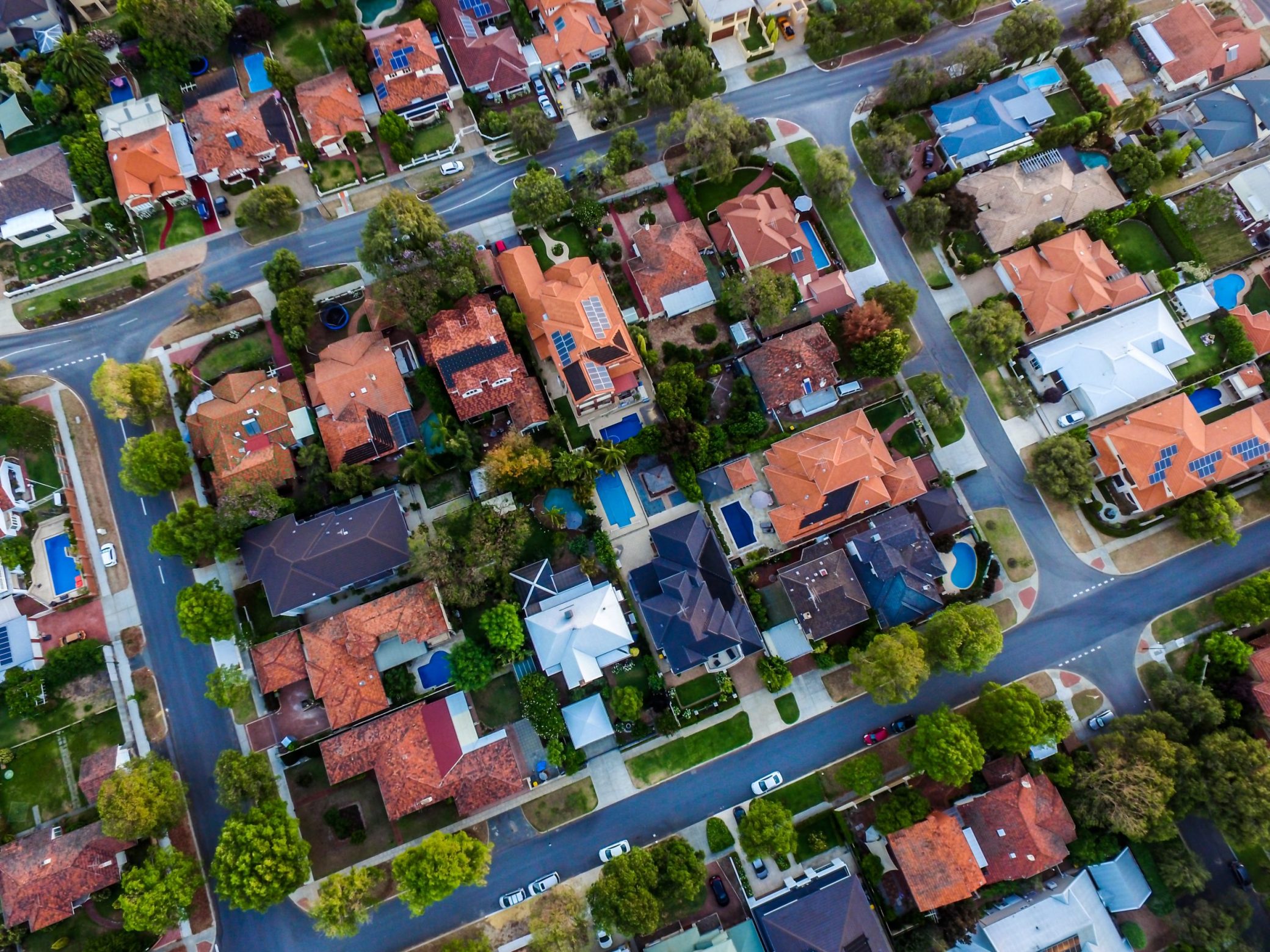
The Greatest Risk in Real Estate? The Federal Reserve.
The Greatest Risk in Real Estate? The Federal Reserve.
If your 2021-2022 real estate investments decline in a few years, the Beltway will bear responsibility.
Per the Federal Reserve website, its first function is to “promote maximum employment, stable prices, and moderate long-term interest rates in the U.S. economy”.[i] To that end, in November 2021, the Federal Reserve Board conducted its annual report, Economic Well-Being of U.S. Households. Even amidst the hardships and inconveniences of COVID-19, the scientific survey of 11,000 people produced some notably positive results[ii]:
- Self-reported financial well-being reached its highest level since the survey began in 2013, with 78 percent of adults doing okay or living comfortably financially
- Financial well-being increased among all racial and ethnic groups measured in the survey
- Three-fourths of parents said they were doing at least okay financially, up 8 percentage points
- Just over 6 in 10 people who changed jobs said their new job was better overall, compared with 1 in 10 who said that it was worse
Despite these strong indicators, within a few months the Fed began hiking up interest rates at a jarring pace. After recklessly pumping trillions of dollars into the economy, Washington seemed surprised that its actions would trigger inflation. It’s a familiar movie scene: the driver swerves far too hard to the left, over-compensates even harder to the right, and ends up hurtling off the road. Whether the drop is a gully or a cliff remains to be seen.
If you traded real estate in 2021-22, you likely sold high and bought high. Indeed, the eight months of November ’21 to June ’22 could prove to include the peak of an historically-long cycle. The rapid rise in interest rates will have two compounding effects on real estate investments: increasing cap rates and escalating debt costs. If the cap rate for your recent investment goes up 25% over the next three years—but your income increases by 15%—by definition your property will decline in value. You can thank the Fed for the depreciation of your otherwise-performing assets.
The Fed’s aggressive tightening may destroy several trillions of dollars of household investments in stocks, bonds and real estate. It is not clear what ostensible benefit (lower grocery prices?) justifies such willful destruction of Americans’ net worth. Shouldn’t “stable prices” include those in which people have their greatest investments—retirement account securities and real estate? Many people would gladly accept a higher gas bill to get back the 20% they just lost in their IRA.
To make the best of a bad situation, consider investing today in properties whose net income has a fighting chance to keep up with rising cap rates. Be patient. And hope the Fed allows rates to settle back down before you have to liquidate any properties you recently acquired.
_____________________
[i] https://www.federalreserve.gov/aboutthefed.htm
[ii] https://www.federalreserve.gov/publications/files/2021-report-economic-well-being-us-households-202205.pdf
Because investors situations and objectives vary this information is not intended to indicate suitability for any particular investor.
This is for informational purposes only, does not constitute as investment advice, and is not legal or tax advice. Please consult the appropriate professional regarding your individual circumstance.
Securities offered through Concorde Investment Services, LLC (CIS), member FINRA/SIPC. Advisory services offered through Concorde Asset Management, LLC (CAM), an SEC-registered investment adviser. 1031 Capital Solutions is independent of CIS and CAM.
bd-bk-gp-a-1287-10-2023
continue reading
Related Posts
When the Federal Reserve (the Fed) adjusts its target interest […]
1031 Industry Veterans Launch Proprietary Software for Rental Housing Providers […]
When it comes to building and preserving generational wealth through […]











